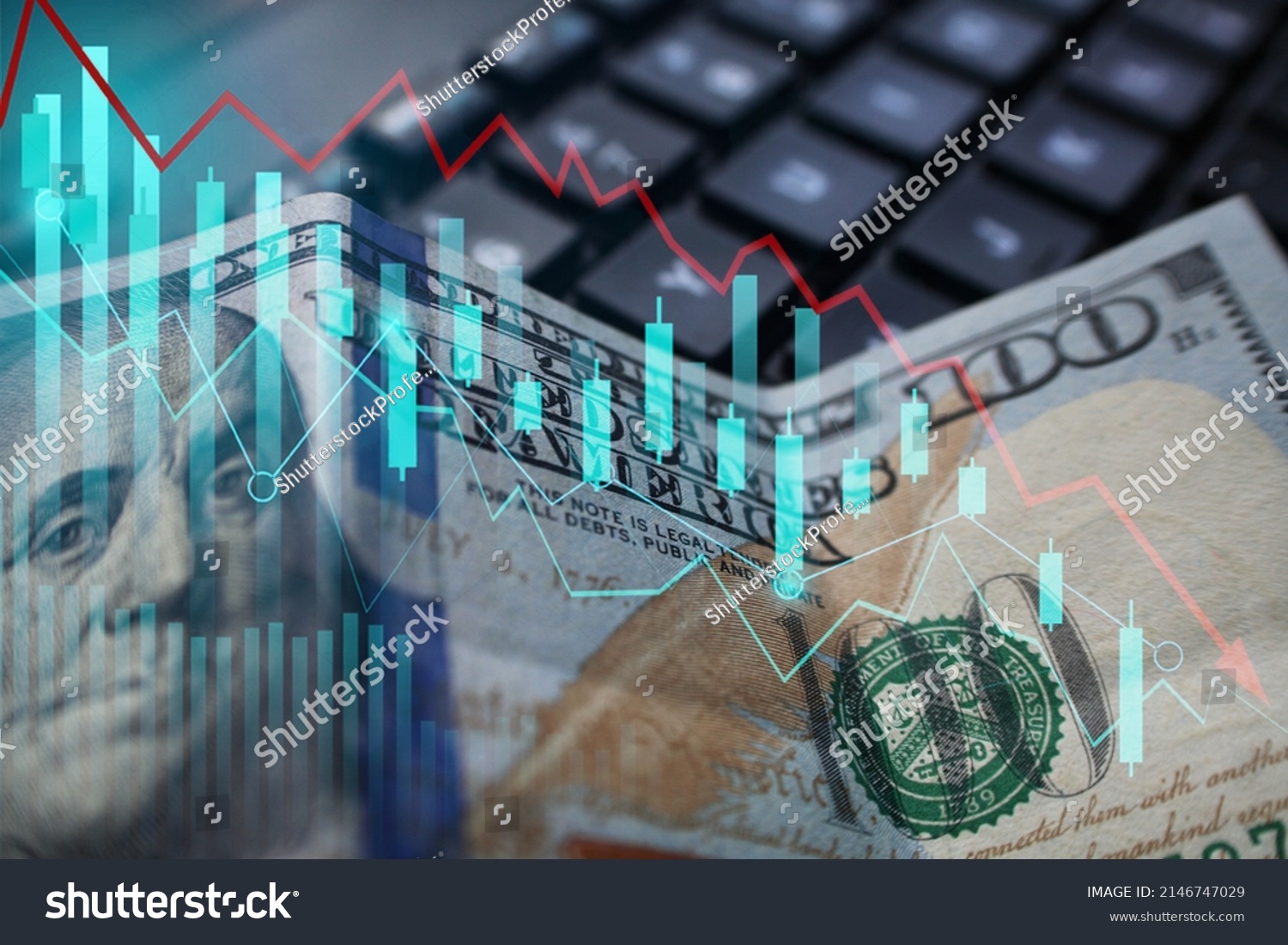Amsterdam Stock Index Plunges Over 4%, Hits Year-Low

Table of Contents
The Amsterdam Stock Index (AEX) suffered a dramatic plunge today, falling over 4% and hitting its lowest point of the year. This significant downturn has sent shockwaves through the market, prompting concerns about the future of Dutch equities and raising questions about the overall health of the European economy. This article will delve into the reasons behind this sharp decline and explore its potential implications for investors.
Key Factors Contributing to the AEX's Sharp Decline
Several interconnected factors contributed to the AEX's sharp decline. The current market volatility isn't isolated to Amsterdam; it's a reflection of broader global economic anxieties. Understanding these underlying causes is crucial for investors seeking to navigate this turbulent period.
- Global market volatility fueled by rising inflation and geopolitical tensions: Persistent inflation across the globe continues to pressure central banks to maintain aggressive interest rate hikes. This, coupled with the ongoing war in Ukraine and its ripple effects on energy prices and global supply chains, has created a climate of significant uncertainty. The resulting risk aversion is a major driver of the AEX's decline.
- Weakness in the energy and technology sectors significantly impacting the AEX: The energy sector, heavily represented in the AEX, is particularly vulnerable to global price fluctuations and regulatory changes. Meanwhile, the tech sector is grappling with slowing growth and increased scrutiny, further contributing to the overall downward pressure. These sectors' struggles are impacting investor confidence in the broader index.
- Increased interest rates impacting investor sentiment and investment strategies: Higher interest rates make borrowing more expensive for businesses, hindering investment and potentially slowing economic growth. This dampens investor enthusiasm and pushes many towards more conservative investment strategies, leading to decreased demand for equities.
- Impact of rising inflation on consumer spending and business confidence: High inflation erodes purchasing power, leading to decreased consumer spending. This, in turn, impacts business confidence and profitability, making investors hesitant to invest in companies facing reduced demand.
- Geopolitical uncertainty stemming from the war in Ukraine and other global conflicts: The ongoing war in Ukraine continues to fuel uncertainty in global energy markets and supply chains. This uncertainty, combined with other geopolitical tensions around the world, contributes to a general risk-off sentiment among investors.
Impact on Individual Stocks and Sectors
The downturn wasn't felt evenly across the board. Certain sectors and individual stocks within the AEX experienced significantly more substantial losses than others.
- Significant losses reported in companies like [Insert Example Company Names] within the energy and financial sectors: These sectors, often seen as cyclical, tend to be more susceptible to market downturns.
- The energy sector particularly vulnerable due to fluctuating oil and gas prices and regulatory changes: This sector's dependence on volatile commodity prices makes it especially sensitive to global economic uncertainty.
- Comparative analysis of AEX performance against other major European indices: Comparing the AEX's performance with other major European indices, such as the FTSE 100 (UK) or the DAX (Germany), provides a broader context and reveals whether the decline is unique to the Netherlands or part of a wider European trend.
Investor Sentiment and Market Reaction
The market reacted swiftly to the AEX's plunge, reflecting a prevailing sentiment of concern and uncertainty.
- Increased selling pressure observed across the board: Investors are rushing to reduce their exposure to risk, leading to a significant increase in selling pressure across many stocks within the AEX.
- Analyst comments and predictions regarding the AEX's future trajectory: Financial analysts are divided on the AEX's future trajectory, with some predicting further declines in the short term while others see potential for a rebound depending on the resolution of underlying global economic concerns.
- Impact on investor confidence and potential for further declines: The sharp decline has undoubtedly shaken investor confidence, raising concerns about potential for further declines in the short-term.
- Discussion of potential short-term and long-term implications for investors: The short-term implications may include further portfolio losses, while long-term implications depend on how swiftly the underlying economic and geopolitical factors driving the decline are addressed.
Safe Haven Assets and Investor Strategies
In the face of such market volatility, investors are seeking refuge in safer assets and are reassessing their strategies.
- Increased demand for safe-haven assets like gold and government bonds: Investors are flocking to traditional safe havens to protect their capital from further losses.
- Strategies for investors to mitigate risks during market downturns: Diversification, hedging, and focusing on defensive stocks are becoming increasingly important.
- Potential opportunities for value investors in the current market climate: While the current climate is challenging, some investors see opportunities to buy undervalued stocks that may rebound as the market stabilizes.
Conclusion
The Amsterdam Stock Index's dramatic 4%+ plunge to its year-low is a significant event with implications for investors across the board. This downturn highlights the interconnectedness of global markets and the impact of various factors, including global uncertainty, sector-specific weaknesses, and interest rate hikes. Understanding these factors is crucial for navigating the current volatile market landscape. The impact on individual stocks and investor sentiment is significant, underscoring the need for careful risk management.
Call to Action: Stay informed about the evolving situation of the Amsterdam Stock Index (AEX) and other market trends. Monitor the AEX closely for further updates and potential recovery strategies. Learn more about mitigating risk in volatile markets by [link to relevant resource, e.g., financial news website, investment advisory]. Understanding the factors influencing the Amsterdam Stock Index is key to informed investment decisions.

Featured Posts
-
 Chto My Nasleduem Dostizheniya Pokoleniya I Perspektivy Buduschego
May 24, 2025
Chto My Nasleduem Dostizheniya Pokoleniya I Perspektivy Buduschego
May 24, 2025 -
 Execs Office365 Accounts Breached Crook Makes Millions Feds Say
May 24, 2025
Execs Office365 Accounts Breached Crook Makes Millions Feds Say
May 24, 2025 -
 Nrw Eis Ranking Ein Unerwarteter Sieger In Essen
May 24, 2025
Nrw Eis Ranking Ein Unerwarteter Sieger In Essen
May 24, 2025 -
 Nyt Mini Crossword April 18 2025 Solutions And Helpful Hints
May 24, 2025
Nyt Mini Crossword April 18 2025 Solutions And Helpful Hints
May 24, 2025 -
 The 3 Billion Question Why Sse Is Cutting Spending
May 24, 2025
The 3 Billion Question Why Sse Is Cutting Spending
May 24, 2025
